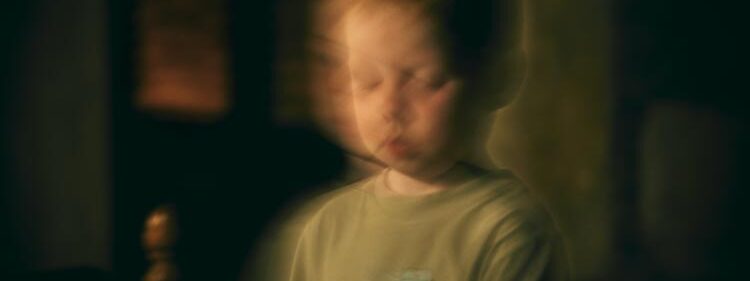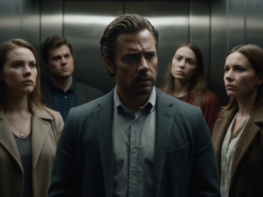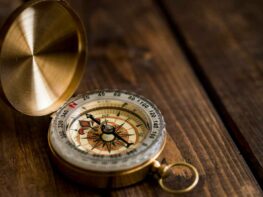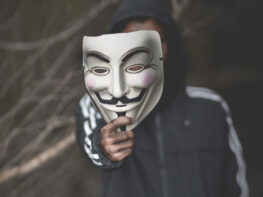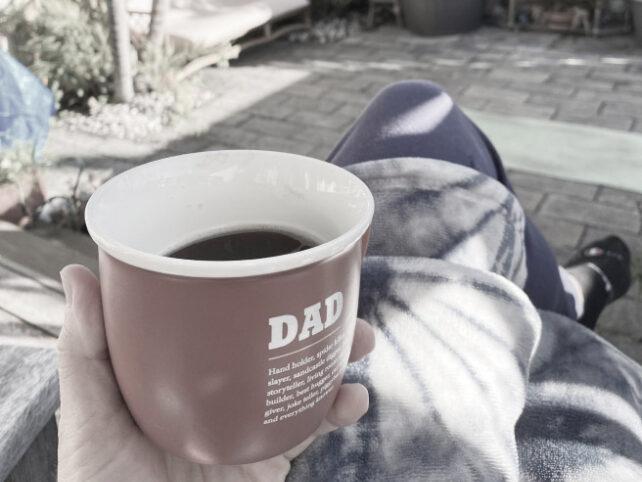For me, unraveling suffering has often felt like a pendulum.
In one sense, we can swing too far into the Integrative spectrum (focusing heavily on stories, emotional processing and being in the mud of the shadow).
In another sense, we can focus too far on the disintegrative side (there’s no one here, there’s nothing to fix).
What is the middle way of this?
How can we know what the right approach is?
Earlier on, I looked to teachers to answer that question.
What does Angelo Dilullo have to say about this?
What does Tony Parsons have to say about this?
Or my facilitator, Violet.
And of course, each of them had the perfect response.
Their approach, of which, lasted a couple of days - before another doubt on-ramped me back into mind identification and helplessness.
Perhaps the best approach that has stood the test of time in my eyes, however, is a deep and profound emergent trust in life.
Trust in myself.
What is it that this bodymind needs?
This question thwarts any self doubt.
It’s built upon the assumption that I know my inner landscape better than any guru and facilitator, no matter how much confidence they exude (and even transmit).
Perhaps in one moment, this bodymind is dying for integration of a highly resistant and pervasive pattern.
Perhaps in another, it is pulled to the disintegrative when it intuits that the broken self can never be fixed!
And more importantly, no duality between the two can be realised, thus creating a harmonic dance that ebbs and flows depending on certain conditions.
As a commentor said in one of my recent videos: The two complement each other beautifully so long as there's a knowing that our essence is the dance floor and the emotional stuff is the dance (thank you matthewganley5951)
What this points to is quite profound.
Maybe you can feel it.
It’s ineffable, beyond words - and it’s always there, devoid of any label that is interpenetrating all objects and content of experience.
Totally empty.
Totally full.
How could there be right and wrong when we lean so fully into this trust?
